
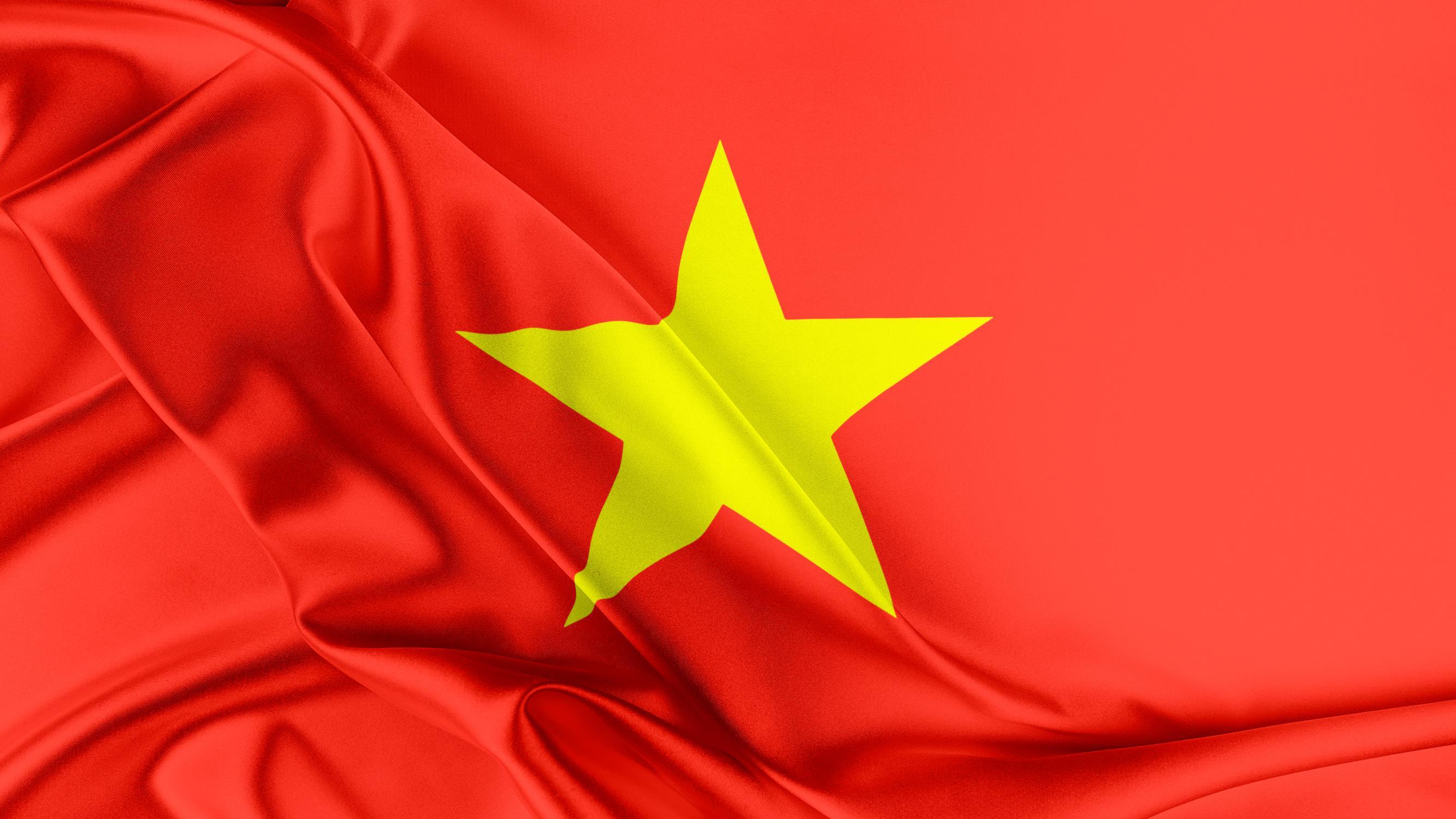













Write down one thing you are most excited to experience in Vietnam— this could be:
• a cultural site,
• a food you want to try,
• an activity, or even
• a personal growth goal



Integrated Coursework and Field Experiences
Experiential Learning Through Cultural Immersion
Classroom discussions are complemented by real-world applications, with site visits and cultural engagements directly informing course content.
Reflection and SelfDiscovery
Students participate in immersive activities such as:
•Homestays or community-based interactions to engage with local customs and traditions.
•Hands-on cultural workshops, including Vietnamese language lessons, traditional cooking classes, and craft-making.
•Visits to significant historical and spiritual sites, such as pagodas, temples, and war memorials, to contextualize classroom learning.
These experiences encourage critical reflection on cross-cultural perspectives, social dynamics, and global interconnectivity.
Guided reflection sessions allow students to connect their personal growth with academic inquiry, using journaling, discussion groups, and faculty mentorship.
Assignments focus on critical reflection, encouraging students to analyze cultural differences and their own evolving worldviews.
Collaborative and Tansdisciplinary Approach
Engaged Scholarship and Capstone Integration
The program integrates diverse academic disciplines, including history, healthcare, religious studies, anthropology, and international relations, offering a holistic perspective on Vietnamese society and global interactions.
Collaboration with local scholars, business leaders, and community organizations provides a grounded understanding of the country's development and global positioning.
Students have the opportunity to tie their experiences abroad into their capstone projects or other course research, allowing them to bridge academic theory with practical, field-based insights.
Program outcomes emphasize the development of critical thinking, adaptability, and intercultural competency, essential skills for future professional and academic pursuits.
Individual Course Overview Course Offerings
UH 200 oUH 284 oUH 300 oUH 401
oRCH 423/523





• US- Hanoi Arrive 5/26
• Airport Transfer to Hotel

May 26-May 31 (5 nights)

Lodging: Tirant Hotel (4*)



Old Quarter















May 31-June 4

• Private Limousine Van to Sapa

Lodging: Hotel de la Coupole (5*)










Village Trek & Homestay
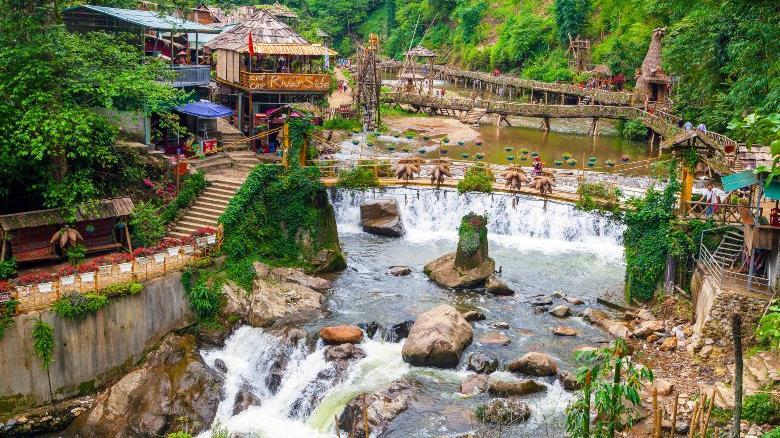










June 4-7


Premier Resort (5*)









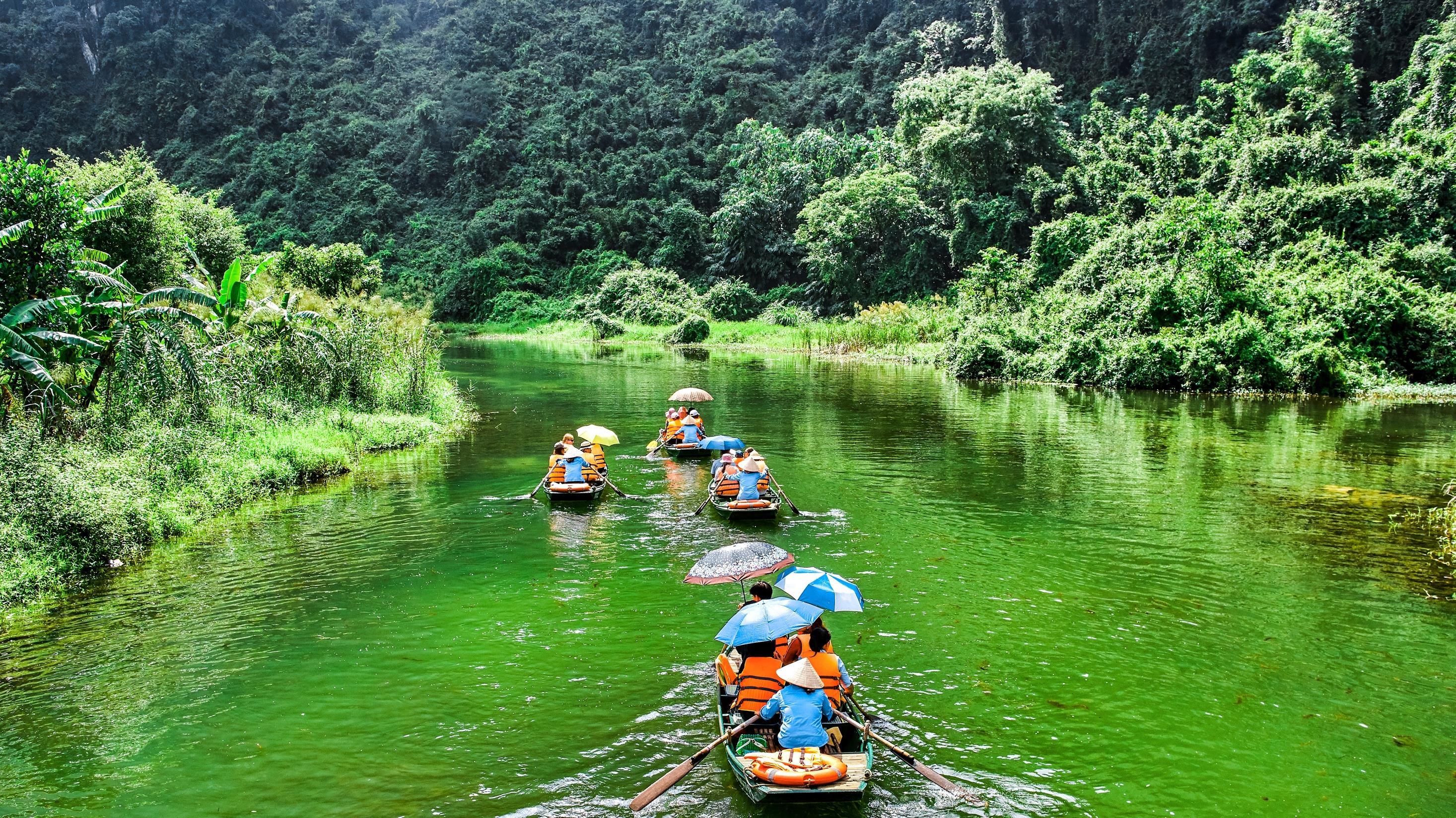














Hue June 8-10


Overnight train from Ninh Binh to Hue








Imperial Citadel- (UNESCO WHS)






June 10-14


Lodging- Risemount Resort (5*)
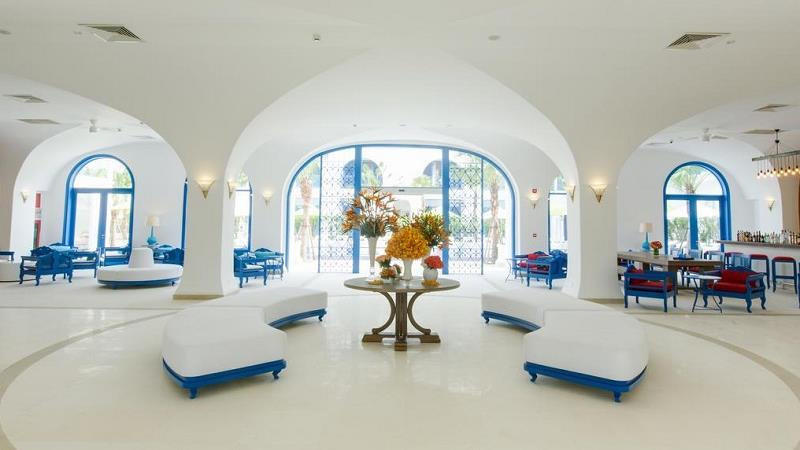
















My Khe Beach







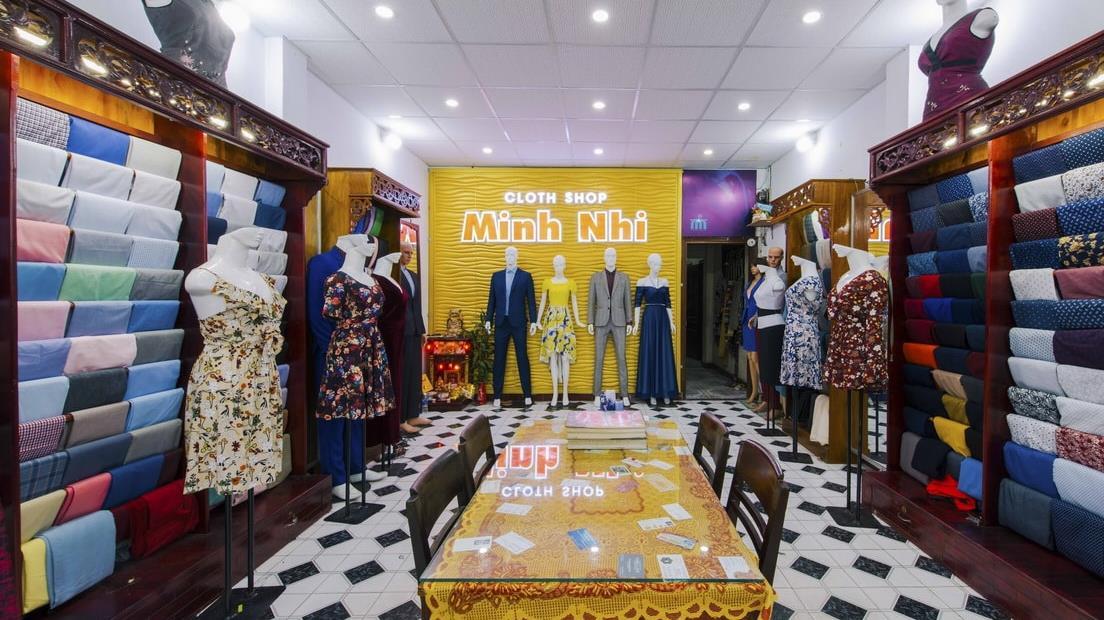



June 14-20

• Overland Flight

June 20- Ho Chi Minh City (3- nights)















6/20 Return to US





Banh mi





25,000 VND= $1




E-Visa (Recommended)
Processing Time: 3-5 business days
Validity: Up to 90 days (single or multiple entry)
Where to Apply: Vietnam e-Visa official website
Steps to Apply:
Go to the official Vietnam e-Visa portal.
Click “Apply E-Visa” and fill in personal details (passport information, travel dates, etc.).
Upload required documents:
A scanned passport bio page (valid for at least 6 months beyond departure).
A passport-sized photo (white background, no glasses).
Pay the non-refundable fee (around $25 USD for single entry, $50 for multiple).
Receive the e-visa approval letter via email within 3-5 days.
Print the e-visa and present it upon arrival in Vietnam.
Important Notes:
Ensure all details match the passport exactly to avoid entry issues. [middle names]
E-visa is accepted at major airports and land borders.
Passport: Bank/ credit Cards: International phone plan (30day+), purchased at airport.
Wallet: Travel Documents: Cash: preferred by most vendors
Backpack Daypack Small shopping bag Travel adaptors: Walking shoes Luggage lock
Bug spray Lightweight fabrics Rain jacket Hats for sun protection, if needed Compression socks Snorkeling gear
Hand sanitizer/face masks
These are standard vaccines you should have regardless of travel:
• MMR (Measles, Mumps, Rubella)
• Diphtheria, Tetanus, and Pertussis (DTaP/Tdap)
• Varicella (Chickenpox)
• Polio
• Influenza (Flu shot)
Travel-Specific Vaccinations for Vietnam
• Hepatitis A – Recommended for all travelers, as the virus can be contracted through contaminated food or water.
• Hepatitis B – Recommended for those who may have close contact with locals, need medical care, or engage in activities that could expose them to blood or bodily fluids (e.g., tattoos, medical treatment).
• Typhoid – Recommended, especially for travelers visiting smaller cities, rural areas, or if adventurous eating (street food) is planned.
Additional Health Precautions
• Traveler’s Diarrhea Prevention: Consider bringing a course of antibiotics (Ciprofloxacin or Azithromycin) for severe cases.
• Dengue Fever Prevention: No vaccine is available, but use mosquito repellents, wear long sleeves, and stay in accommodations with screens or air conditioning.


Departure points:ATL, NYC, BOS, LAX, SFO, LAS
Standard Processing Timeline (as of 2024):
• Routine Processing: 7-10 weeks
• Expedited Processing: 3-5 weeks (for an additional fee)
• Urgent Travel: 14 days or less (requires proof of immediate travel)
Recommended Timeline for a May 20th Departure:
• By February 1st – Submit passport applications (recommended to allow time for delays).
• By March 1st – If expedited processing is needed, apply no later than this date.
• By April 15th – Ensure all passports are received and verified for accuracy.
E-Visa (Recommended)
Processing Time: 3-5 business days
Validity: Up to 90 days (single or multiple entry)
Where to Apply: Vietnam e-Visa official website
Steps to Apply:
Go to the official Vietnam e-Visa portal.
Click “Apply E-Visa” and fill in personal details (passport information, travel dates, etc.).
Upload required documents:
A scanned passport bio page (valid for at least 6 months beyond departure).
A passport-sized photo (white background, no glasses).
Pay the non-refundable fee (around $25 USD for single entry, $50 for multiple).
Receive the e-visa approval letter via email within 3-5 days.
Print the e-visa and present it upon arrival in Vietnam.
Important Notes:
Ensure all details match the passport exactly to avoid entry issues. [middle names]
E-visa is accepted at major airports and land borders.
Passport: Bank/ credit Cards: International phone plan (30day+), if needed.
RFID Wallet: Travel Insurance (credit card protection) Travel Documents:
Cash: Backpack Daypack Small shopping bag Travel adaptors: Walking shoes
Luggage lock Bug spray Lightweight fabrics Rain jacket
Snorkeling gear
Hand sanitizer/face masks
Hats for sun protection, if needed Compression socks
• Local Cuisine: $5/day
• Foreign Cuisine: $10-20/day
• Souvenirs: ?
These are standard vaccines you should have regardless of travel:
• MMR (Measles, Mumps, Rubella)
• Diphtheria, Tetanus, and Pertussis (DTaP/Tdap)
• Varicella (Chickenpox)
• Polio
• Influenza (Flu shot)
Travel-Specific Vaccinations for Vietnam
• Hepatitis A – Recommended for all travelers, as the virus can be contracted through contaminated food or water.
• Hepatitis B – Recommended for those who may have close contact with locals, need medical care, or engage in activities that could expose them to blood or bodily fluids (e.g., tattoos, medical treatment).
• Typhoid – Recommended, especially for travelers visiting smaller cities, rural areas, or if adventurous eating (street food) is planned.
Additional Health Precautions
• Traveler’s Diarrhea Prevention: Consider bringing a course of antibiotics (Ciprofloxacin or Azithromycin) for severe cases.
• Dengue Fever Prevention: No vaccine is available, but use mosquito repellents, wear long sleeves, and stay in accommodations with screens or air conditioning.

